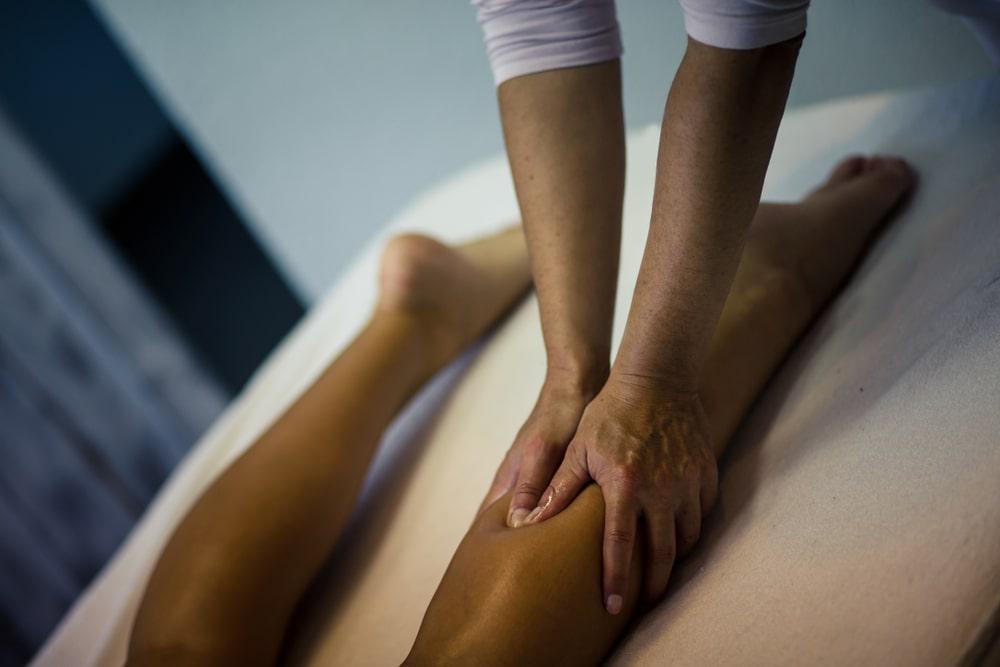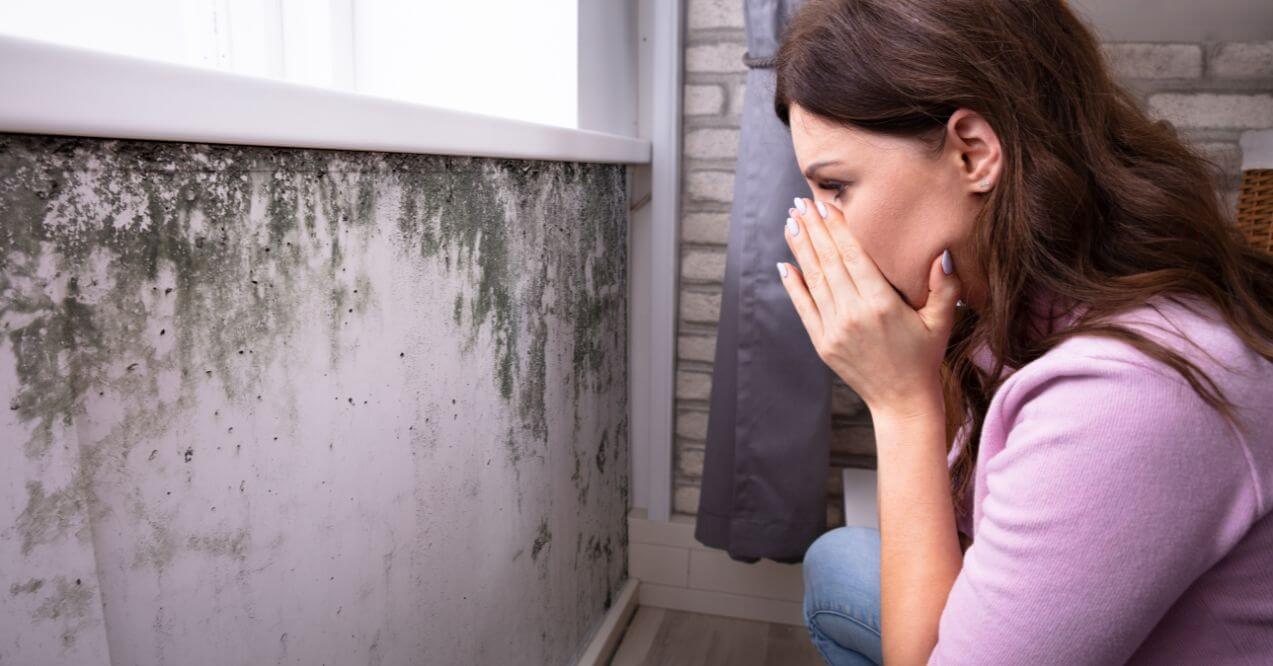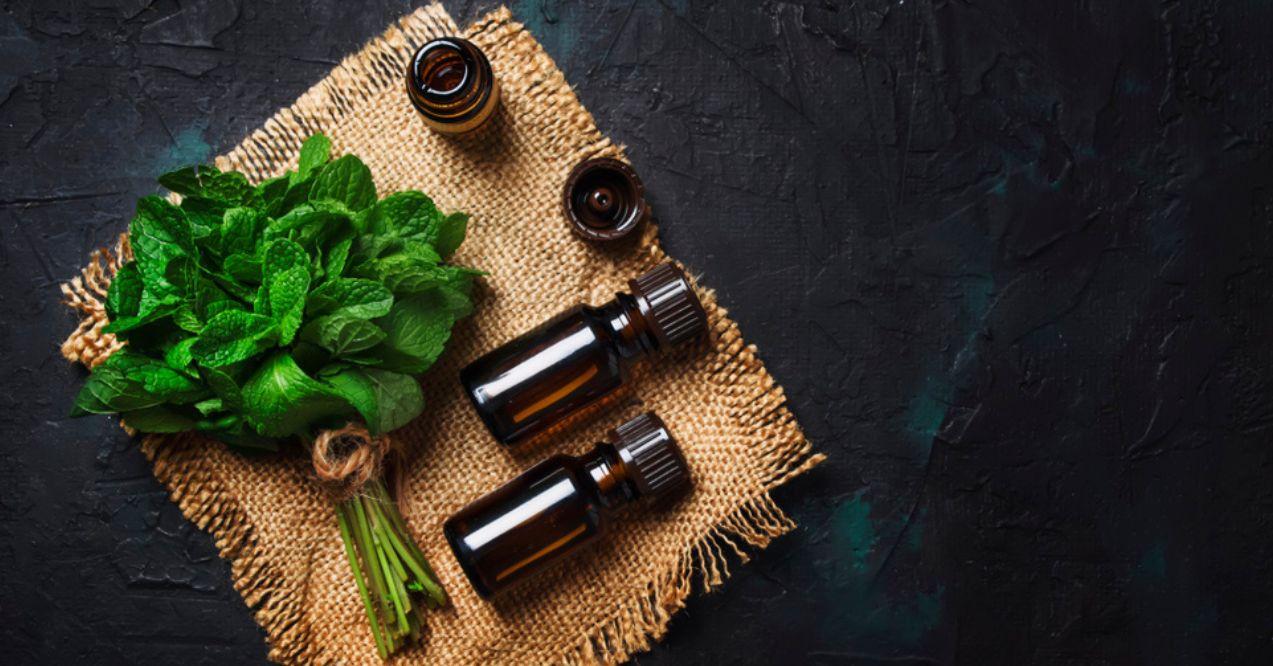Enlarged Preauricular Lymph Nodes: Causes and Treatment
Learn about the causes and treatments for enlarged preauricular lymph nodes, including infections and when to seek medical advice.


Enlarged preauricular lymph nodes are a common condition that can signal various underlying issues within the body. Located just in front of the ears, these small lymph nodes are part of the body’s lymphatic system, which plays a crucial role in immune function by filtering harmful substances and supporting the body’s defense against infections.
When these lymph nodes become swollen, it often indicates that the immune system is actively responding to an infection or other condition in the nearby areas, such as the ears, eyes, or scalp. Therefore, understanding the causes of this swelling can help in determining the appropriate care and management of the condition.
What Are the Preauricular Lymph Nodes?
Preauricular lymph nodes are small, bean-shaped structures located just in front of the ears, near the temples. These lymph nodes are part of the larger lymphatic system, which plays a crucial role in maintaining the body’s immune defenses. Specifically, the preauricular lymph nodes filter lymphatic fluid, trapping bacteria, viruses, and other foreign particles. This filtration process helps to prevent infections from spreading throughout the body.
The preauricular lymph node is particularly involved in responding to infections or inflammation in areas such as the eyes, ears, and scalp. When these regions are affected by infection or other conditions, the preauricular lymph nodes can become enlarged as they work to filter out harmful pathogens. This swelling is a sign that the immune system is actively engaged in protecting the body from potential threats.

Common Causes of Enlarged Preauricular Lymph Node Swelling
Enlarged preauricular lymph nodes can occur due to a variety of conditions, typically related to infections or inflammation in nearby regions such as the ears, eyes, or scalp. These lymph nodes are sensitive to changes in these areas and often respond by swelling when the body’s immune system is fighting off an infection or dealing with inflammation.
1. Ear Infection

One of the most common causes of a swollen preauricular lymph node is an ear infection. The preauricular lymph nodes are closely connected to the ear, and when an infection occurs in the ear, these lymph nodes often respond by enlarging as they work to filter out the infection-causing pathogens.
The swelling is usually a sign that the body is actively combating the infection, making the lymph nodes larger as they become filled with immune cells. This response is a natural part of the immune system’s effort to control and eliminate the infection.
2. Eye Infection
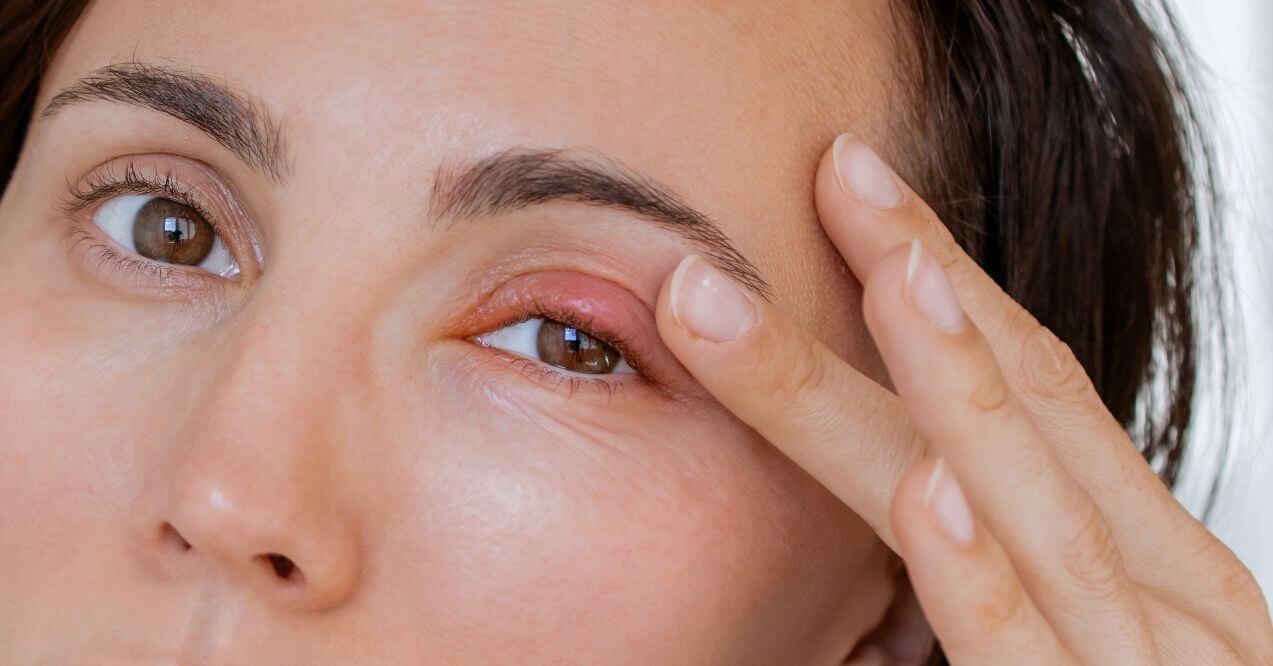
Eye infections are another common cause of swelling of preauricular lymph nodes. These lymph nodes are responsible for filtering lymphatic fluid from the tissues around the eyes, so when an infection occurs in this area, the lymph nodes can become swollen. Conditions such as conjunctivitis (pink eye) or other types of eye infections can trigger this response.
The swelling of the preauricular lymph nodes indicates that the immune system is working to contain and manage the infection in the ocular region, reflecting the interconnected nature of the lymphatic and immune systems.
3. Skin or Scalp Infection
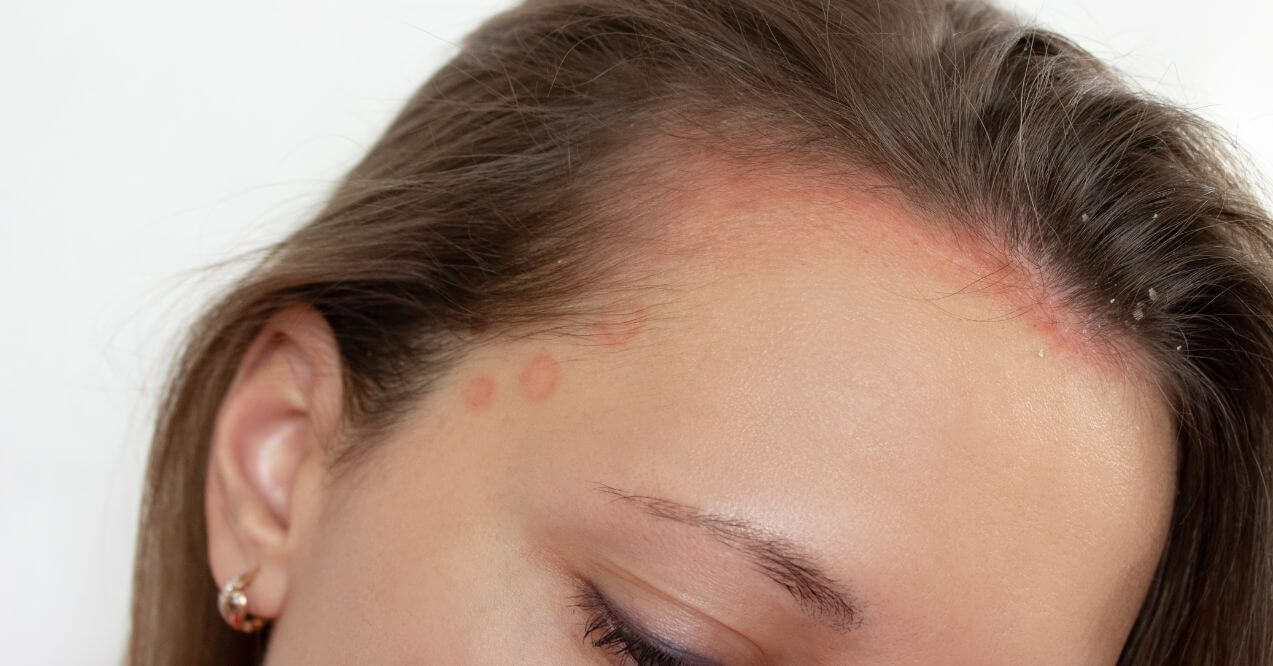
Infections affecting the skin or scalp, especially those close to the preauricular lymph nodes, can lead to their enlargement. Conditions like cellulitis, which is a bacterial skin infection, or fungal infections of the scalp can cause these lymph nodes to swell as they filter out the infection.
When an infection occurs in the skin or scalp near the preauricular area, the immune system activates these lymph nodes to help contain and manage the spread of pathogens. This response often results in noticeable swelling of the preauricular lymph nodes.
4. Other Conditions
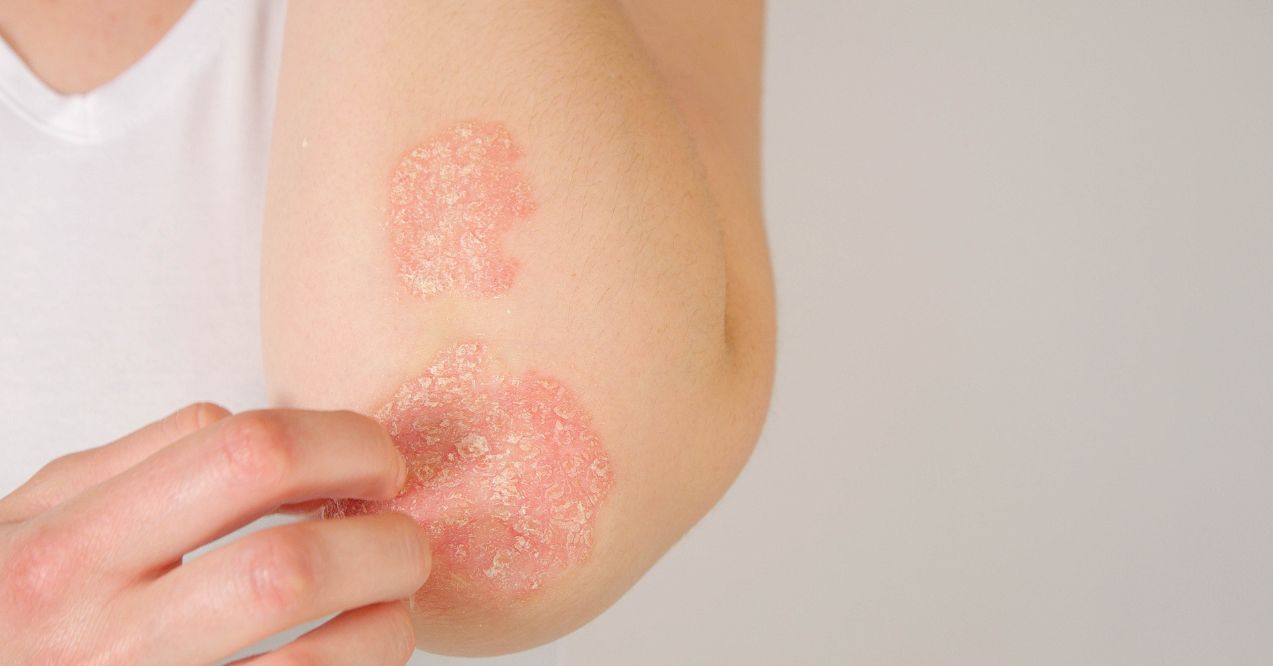
Beyond localized infections, other conditions can also cause the preauricular lymph node to become swollen. Systemic illnesses, such as viral infections like mononucleosis, or autoimmune disorders, can cause widespread lymph node swelling, including in the preauricular area. Additionally, less common conditions such as certain types of cancer or chronic inflammatory diseases may also lead to the enlargement of these lymph nodes.
How Are Swollen Preauricular Lymph Nodes Treated?
The treatment for enlarged preauricular lymph nodes largely depends on the underlying cause of the swelling. Here are some common approaches:
- Addressing Infections – If the swelling is due to a bacterial infection, such as an ear or skin infection, addressing the infection directly is the primary approach. This may involve the use of prescribed interventions to reduce the infection and alleviate the lymph node swelling.
- Lymphatic Drainage Support – Supporting the lymphatic system can also be beneficial. Some people explore natural options like essential oils for lymphatic drainage. These oils, such as lemon or grapefruit oil, are often used in massages to promote the movement of lymph fluid.
- Herbal Support – Incorporating herbs for the lymphatic system is another natural approach. Herbs like echinacea, cleavers, and red root are believed to support lymphatic health and may help in managing lymph node swelling.
- Rest and Hydration – Ensuring proper rest and staying hydrated are simple yet effective measures that support the immune system and help the body resolve the cause of the swollen lymph nodes.
For additional support in managing swollen preauricular lymph nodes, our supplements for lymph system support may offer a targeted approach to enhance lymphatic health naturally. Key ingredients like Echinacea purpurea, Cleavers Extract, and Dandelion Extract provide targeted benefits to help maintain healthy lymph nodes and reduce swelling.

When Should You See a Doctor for Swollen Preauricular Lymph Nodes?
You should consider seeing a doctor if the swelling of your preauricular lymph nodes persists for more than two weeks, especially if the swelling is accompanied by pain, redness, or warmth in the area. Additionally, if you experience other symptoms such as fever, unexplained weight loss, night sweats, or fatigue, it’s important to seek medical advice.
These signs could indicate a more serious underlying condition that requires further evaluation. If the swollen lymph node is hard, fixed in place, or continues to grow in size, a medical consultation is recommended to rule out more serious causes. Prompt attention to these symptoms ensures appropriate care and management.
Conclusion
Swollen preauricular lymph nodes can result from various conditions, including infections of the ear, eye, skin, or scalp, as well as other less common causes like systemic illnesses. Understanding the role of these lymph nodes in the body’s immune response helps in recognizing when swelling might be a sign of an underlying issue.
Solution varies depending on the cause, with options ranging from addressing infections to supporting the lymphatic system with natural methods. If symptoms persist or are accompanied by concerning signs, seeking medical advice is essential for appropriate care.
Preauricular lymph nodes are generally not dangerous. However, if they become persistently swollen, painful, or are accompanied by other symptoms like fever or unexplained weight loss, it may indicate an underlying condition that requires medical evaluation.
Persistent swelling of lymph nodes under the ear may indicate chronic infections, ongoing inflammation, or other underlying conditions. Continuous or recurrent swelling should be evaluated by a healthcare professional to determine the exact cause and appropriate management.
Preauricular lymph node swollen on one side can occur due to a localized infection or inflammation in nearby areas, such as the ear, eye, or scalp. This unilateral swelling indicates the immune system’s targeted response to the specific area affected.
Sign up for our Healthy Living newsletter!
Advertisement. This site offers health, wellness, fitness and nutritional information and is designed for educational purposes only. You should not rely on this information as a substitute for, nor does it replace, professional medical advice, diagnosis, or treatment. If you have any concerns or questions about your health, you should always consult with a physician or other health-care professional. Do not disregard, avoid or delay obtaining medical or health related advice from your health-care professional because of something you may have read on this site. The use of any information provided on this site is solely at your own risk.



